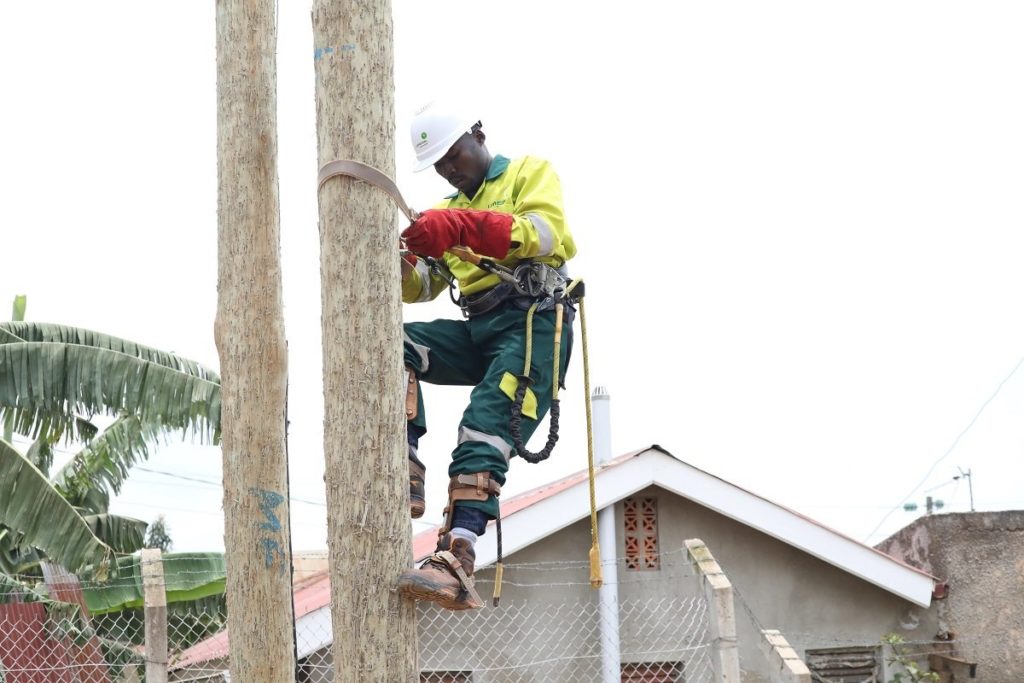Directive. Under the new directive, customers that had already applied for connection under ECP, shall be required to top up payment to the approved new connection charge, upon consenting to the ability and willingness to pay the cost reflective connection charges while those without capacity to top up payment will have to wait until government has mobilised resources to finance the new connections.
Electricity connection costs approved by Electricity Regulatory Authority (ERA) have spiked as government withdraws subsidies that were keeping the costs at bay.
The costs, which range between Shs570,000 and Shs3.4m, have been approved by ERA after a policy directive issued by Ministry of Energy allowed financially capable customers to pay electricity connection costs following months of restriction, under bondage to government’s free Electricity Connection Policy (ECP).
However, the new costs are much higher than the costs charged by Umeme, the country’s major power distributor before introduction of the ECP in 2018.
Prior to ECP, customers who didn’t need a pole to get connected paid Shs98,000 for connection and Shs41,300 for inspection.
The new costs, on the other hand, indicate that a no pole and single phase connection will require Shs576,773 for a wired pre-paid split metre and Shs610,918 for a wireless pre-paid split metre.
Mr Julius Wandera, the ERA director of corporate and consumer affairs, yesterday said as the regulator they set uniform connection fees for distributors such as Umeme.
However, he noted previous connections under Umeme had been subsidised by government even before ECP.
“Government has always subsidised connections, especially for grid connected customers. The introduction of the ECP was now beyond subsidisation but a free connection. The newly approved connection charges are a true reflection of the cost of making a connection on the market;” he said.
New costs
Customers who do not require a pole, but need a three phase connection (much higher voltage), for example millers and small scale industries, will part with an amount between Shs2m and Shs3.4m.While customers that require one pole and a single phase connection, for example supermarkets and residential places, will pay between Shs1.9m and Shs2.3m.The difference between single phase and three phase is that the former requires two wires, while the latter works through three wires.Single phase is also lower voltage electricity, mainly used in households compared to three phase, which is used by industries.The connection costs, ERA said, are inclusive of Shs8,000 payable to Uganda National Bureau of Standards for metre testing.Even then, customers […]
